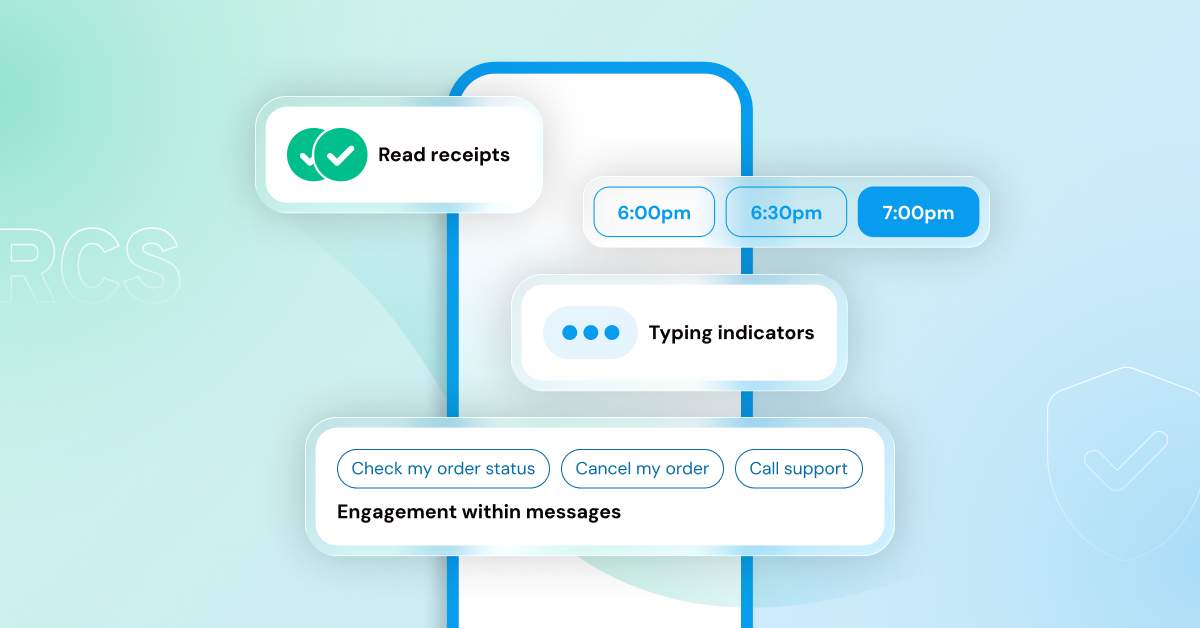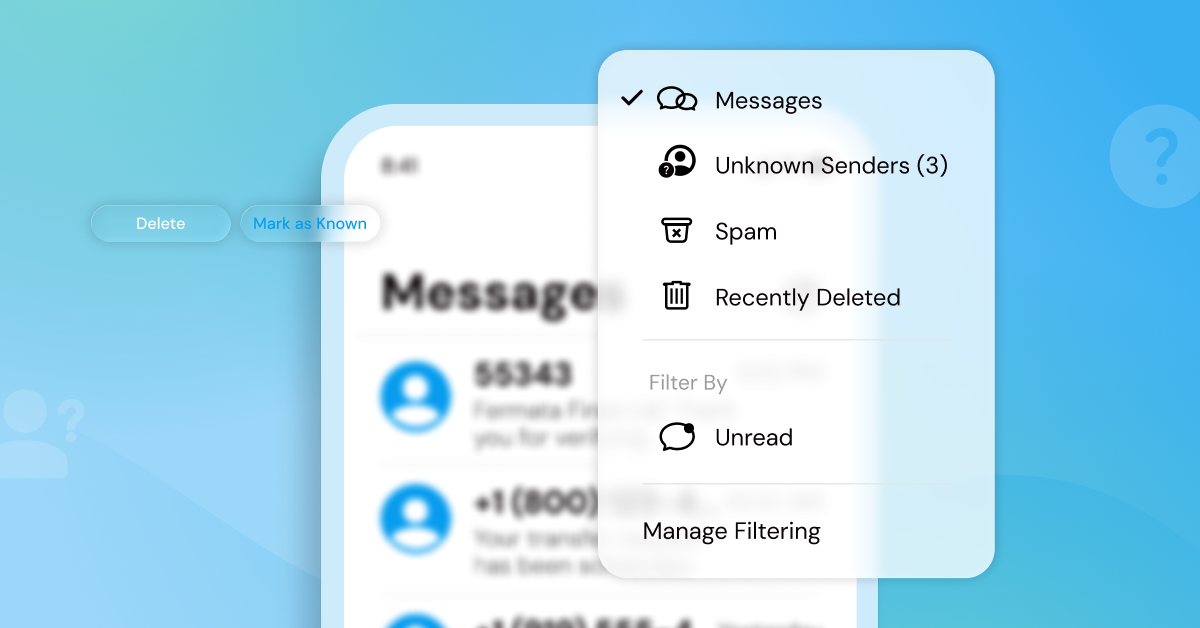SMS notification
Ding! We all know exactly what that sound means if it’s coming from our phones: A new message is waiting for you!
Endorphin rush aside, you’re here to learn about what an SMS notification is, why SMS notifications are important, and how they differ from other mobile notifications. Let’s jump in.
What is an SMS notification?
SMS (short message service) notifications are text alerts triggered when you receive a text message. Whereas consumers use SMS notifications to stay up to date on incoming messages, businesses use SMS notifications to inform customers about payment confirmations, security alerts, account changes, and even marketing programs.
It’s a way to share real-time, important information—all with the convenience of mobile phones. Note that SMS notifications must have an opt-in process to send messages to an individual.
What are the benefits of SMS notifications?
SMS notifications make it easier for businesses to connect with the masses, or with individuals. Here are a five ways businesses can benefits from SMS notifications:
- High visibility. SMS notifications can have open rates up to 98%, whereas email sits around 21.5%1.
- Outreach at scale. Businesses can share information to large groups, where they’re already spending their time: their phones!
- Better appointment management. Healthcare organizations and more can increase revenue and reduce no-shows by using SMS notifications.
- Transparent delivery updates. Ecommerce brands can send customers the shipping status of where packages are, when they arrive, and if there will be delays.
- Marketing communications. Brands can use SMS notifications to promote campaigns, sales, and personalized offers in real time.
- Cost efficiency. SMS is a low-cost way to communicate with your users.
SMS notifications vs. push notifications
Wondering how SMS notifications are different from other types of mobile communications? An SMS notification is specific to your native messaging app and often appears on your lock screen. On the other hand, push notifications can come from any app on your mobile device, and usually prompt you to open your phone and read the update.
Push notifications don’t require explicit permission but have a multi-step process on how many notifications you would like to receive from the app.
Overall, SMS notifications are an easy and cost-effective way to improve customer experiences. By sending relevant, timely information to consumers via text messages, you’re offering a flexible, personalized way to interact with your brand. So the next time you hear a “Ding!” you’ll have a little more insight into what that notification is all about!
Still have questions about messaging and how things might have changed in the recent years? Learn all you need to know from our State of Messaging report, or talk to one of our experts.



